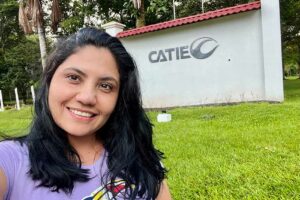Costa Rica to Host International Scientific Congress Celebrating 75 Years of the International Coffee Collection
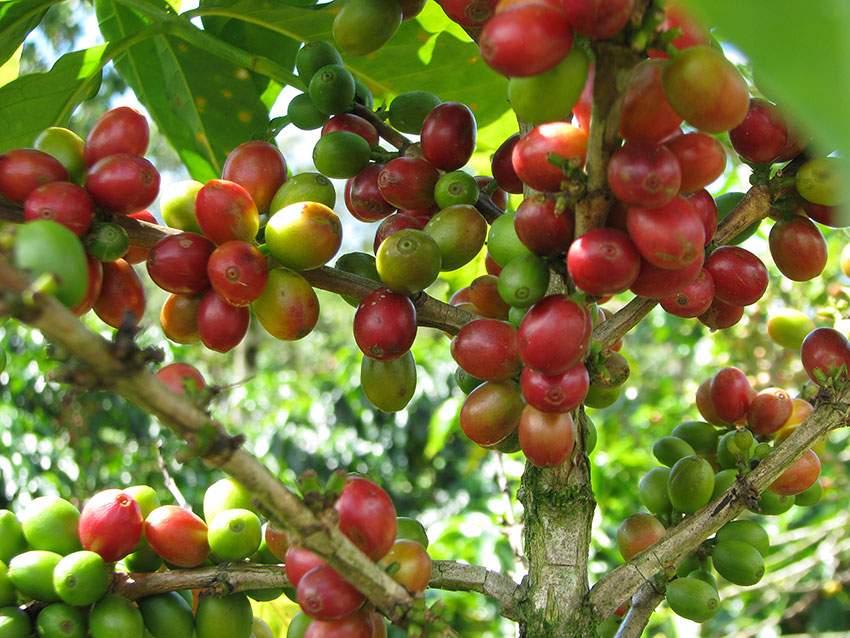
- This collection, declared public domain, is considered a true treasure for humanity. Its vast genetic diversity makes it an invaluable reserve, safeguarding the future of coffee and providing essential resources to address climate and sustainability challenges.
From December 3 to 5, 2024, the Tropical Agricultural Research and Higher Education Center (CATIE) will hold a Scientific Congress commemorating the 75th anniversary of its International Coffee Collection. This event will take place on the CATIE campus in Turrialba, Costa Rica, bringing together scientists, experts, and key coffee producers from the Americas, Asia, and Africa.
This commemorative event aims to reflect on advances in coffee research, share successful experiences in genetic conservation, and discuss the challenges and opportunities facing producers and the coffee industry within the context of climate change and sustainable production.
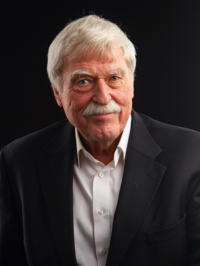
The Dr. Geoffrey Hawtin, 2024 World Food Prize laureate and a prominent advocate for genetic resource conservation, will be the keynote speaker at the congress. Other internationally renowned specialists will also attend, including Rodomiro Ortiz, a genetic improvement specialist; Phillipe Vaast, a specialist in Coffee Production Systems; Carlos Brando, an expert in coffee processing and commercialization; and Young Jun Cho, a coffee taster from Korea.
The congress agenda also includes a space for producer panels covering four themes: coffee genetics and varieties, value chain, cup quality and cupping, and the impact of CATIE’s hybrids in the Trifinio region. Producers will share their knowledge and experience in cultivation, commercialization, and managing the climatic and production challenges that the global coffee industry faces. Notable panelists will include Anabelle Meneses from Guatemala, Rommel Melghem from Honduras, Lily Pacas from El Salvador, Julio Muñoz from Nicaragua, and Lily Sogui from Costa Rica.
Notable panelists will include Anabelle Meneses from Guatemala, Rommel Melghem from Honduras, Lily Pacas from El Salvador, Julio Muñoz from Nicaragua, Lily Sogui from Costa Rica, María Elisa Ruiz from Panama, Esteban Sánchez from Panama, Carlos Fuentes from Panama, and Elber Alfredo Villa from Peru.
CATIE’s International Coffee Collection, established in 1949, is an invaluable genetic heritage that has played a fundamental role in developing coffee varieties resistant to diseases, adapted to different climate conditions, and promoting sustainability in coffee production. This scientific congress seeks to highlight the importance of this collection and its contribution to the global coffee sector's well-being.
In addition to plenary sessions and thematic panels, attendees will have the opportunity to participate in technical visits, where they can observe the collection in the field and learn about the management and conservation practices developed by CATIE.
This congress offers a unique opportunity for professionals in the sector to exchange ideas, form alliances, and propose new strategies to respond to current challenges in coffee production.
About the International Coffee Collection
Recognized by the FAO as a World Heritage, CATIE's International Coffee Collection holds approximately 2,000 accessions and is the second largest in Latin America. Any user, whether a producer, university, or research institute, can access its genetic material under the agreement signed in 2006 with the International Treaty. In 2017, the Crop Trust and World Coffee Research concluded that this collection holds one of the world's most diverse coffee genetics and designated it as the only Origin Collection outside Africa.
The Coffee of the Future: CATIE’s F1 Hybrids
CATIE's F1 coffee hybrids are coffee varieties resulting from genetic improvement processes, using materials from the Center’s International Coffee Collection.
These hybrids are notable for their high productivity, tolerance to diseases such as rust, and resistance to abiotic stresses like drought. They also stand out for their excellent cup quality. In 2022, the Milenio hybrid placed third in Costa Rica, while the Centroamericano hybrid placed second in Nicaragua in 2017.
The Esperanza hybrid, in addition to its excellent cup quality, has the advantage of being cultivable at altitudes lower than 50 meters above sea level, helping to prevent deforestation and enabling new areas for coffee planting.
Furthermore, the Esperanza, Centroamericano, and Milenio hybrids have been introduced in the Central American Dry Corridor, in the Trifinio region, by the ESCALAR project, as an agricultural innovation for climate change adaptation, becoming an opportunity to improve coffee productivity and quality in the region.
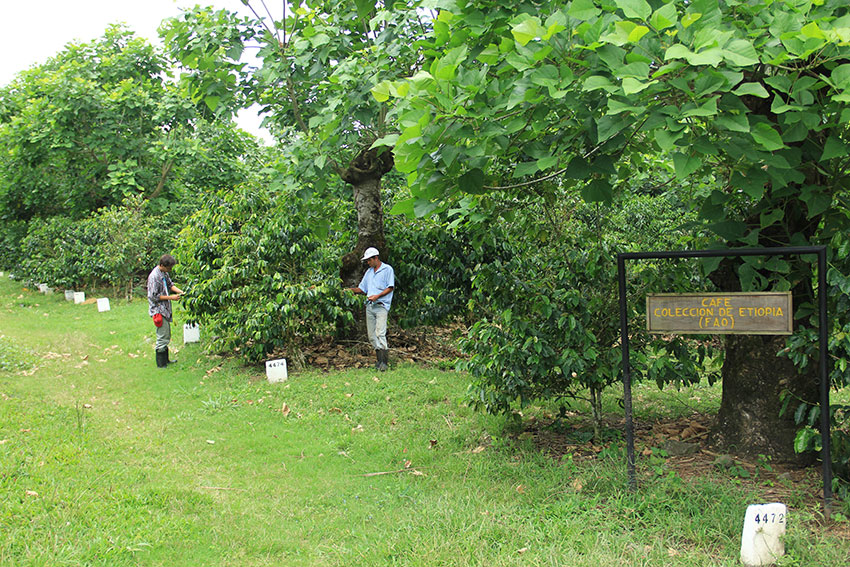
Double Celebration!
In 2024, CATIE also celebrates the 80th anniversary of its International Cacao Collection, established in 1944, which has become an essential resource for cacao genetic improvement. The collection houses a wide genetic diversity of cacao plants from over 20 countries, including Peru, Colombia, Brazil, and Ghana.
As part of the congress field tour, participants will also visit the International Cacao Collection, where they can view the collection in situ and enjoy a cacao tasting.
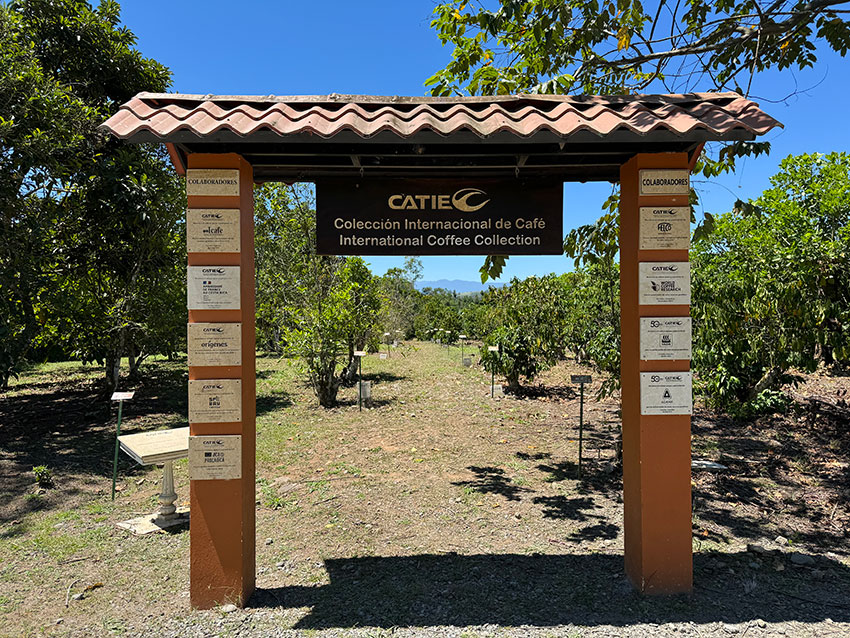
More information:
Luis Pocasangre
General Director
CATIE
luis.pocasangre@catie.ac.cr
Natalia Núñez
Organizing Committee, Coffee Scientific Congress
CATIE
natalia.nunez@catie.ac.cr
Written by:
Karla Salazar Leiva
Communicator
Communications and Marketing Office
CATIE karla.salazar@catie.ac.cr


